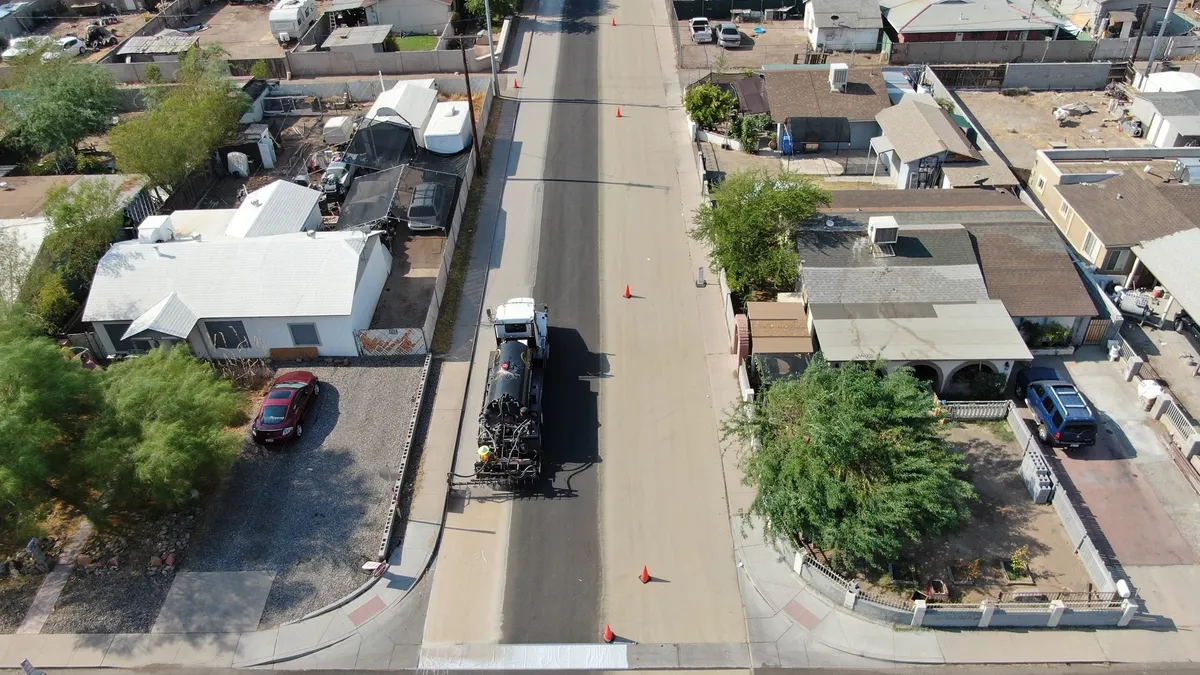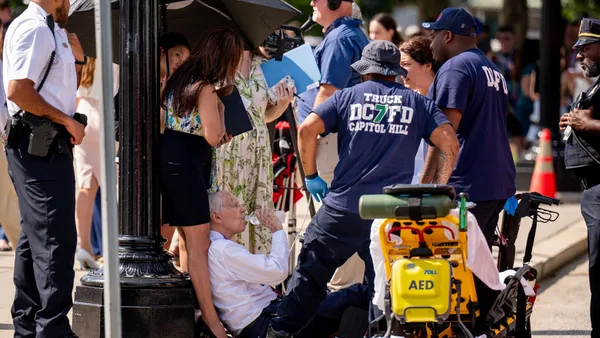Dive Brief:
- Platforms for Advanced Wireless Research (PAWR), a program backed by the National Science Foundation (NSF), is opening a wireless technology test site in Salt Lake City, which will allow researchers to test everything from communications technology to autonomous vehicles.
- The opening of the site comes after a collaboration between the University of Utah’s Platform for Open Wireless Data-driven Experimental Research (POWDER) and Rice University’s Reconfigurable Ecosystem for Next-gen End-to-end Wireless (RENEW). The test site also has input from a consortium of 29 industry partners, including the four major wireless carriers.
- According to a press release, the testbed uses a massive multi-antenna system (Massive MIMO) that can deliver speeds 100 times faster than current wireless networks. The site can be customized to use 4G LTE, 5G or outdoor Wi-Fi.
Dive Insight:
Governments and companies are eager to take advantage of wireless capabilities, as the clamor for 5G installation shows. Faster mobile connections will be used to support technology ranging from the smart grid to connected infrastructure to healthcare. But without advanced wireless networks in the real world, testing has been a challenge.
The new research testbed will give researchers and industry partners a chance to not just test technology, but also use customized software to experiment with the networks. Jacobus Van der Merwe, a principal investigator from POWDER-RENEW, said in a statement it would "extend beyond normal silos and bring together university researchers, industry innovators and local communities that will build future smart cities on this technology."
PAWR has designed a city-scale testbed that includes rooftop base stations, building-mounted radio endpoints and fiber access to local edge computer servers. A control framework will allow researchers to create a network profile that reflects a specific design and test new technology or applications.
There’s been significant work to research 5G applications. AT&T and Samsung partnered on a "test factory" using 5G and other wireless technology to show how automation will affect labor. Verizon and Nokia have completed successful trials transmitting a 5G signal to a moving car, a key step to getting autonomous vehicles to run on 5G connections. Having a new, massive test site will further accelerate the smart cities applications of new wireless networks, delivering them to consumers even faster.










